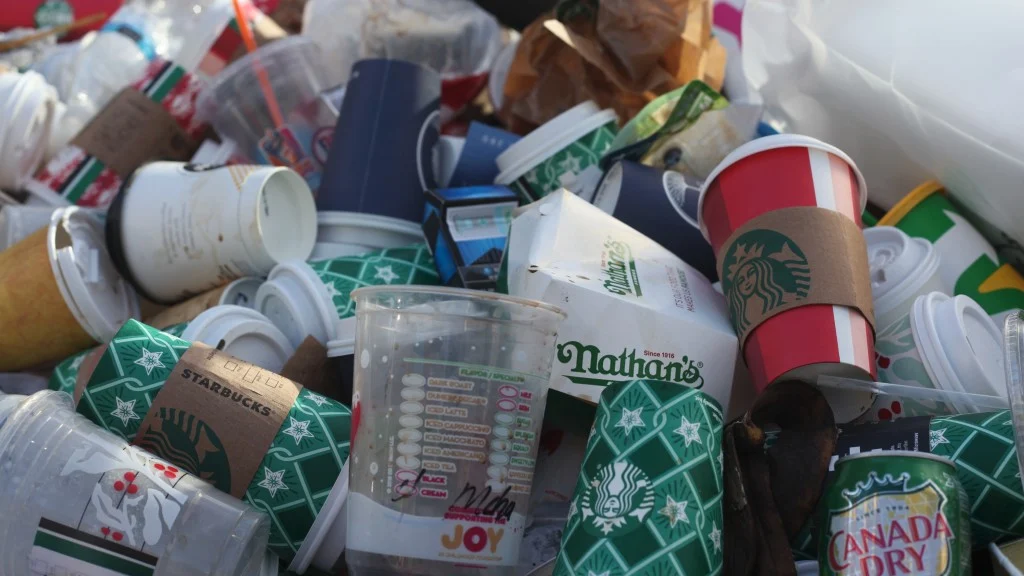The Recycling Partnership, a mission-driven NGO committed to advancing a circular economy by building a better recycling system, has released its five-point plan to fix recycling in recognition of America Recycles Day. Since its inception in 2014, The Recycling Partnership has been addressing big challenges head-on, collaborating with the full spectrum of stakeholders to drive recycling system change.
“The public understands that recycling is a critical way to conserve natural resources and reduce waste. But they want a better U.S. recycling system – one that not only makes more things recyclable but is also easy to use and understand,” says Keefe Harrison, CEO of The Recycling Partnership. “That’s why this America Recycles Day we call on all stakeholders involved in recycling to commit.”
Recycling has the power to deliver a host of climate, economic, and waste management benefits – 80 percent of Americans believe in the positive impact of recycling. But U.S. recycling is not performing at the scope and scale that it needs to in order to achieve these benefits.
The Recycling Partnership’s five-point plan to fix the U.S. recycling system
Ensure that all households can recycle: 40 million U.S. households still lack the ability to recycle at home. Building equitable access to recycling services is the first critical step to a stronger system. Since 2014, The Recycling Partnership has delivered more than 1.3 million recycling carts to families all across the country.
Help the public understand what’s recyclable in their town: The Recycling Partnership’s research shows that 60 percent of people believe recycling is confusing. That is completely understandable because the U.S. does not have one single system in the U.S.; the U.S. has a patchwork of 9,000 different community recycling programs, each with its own local requirements for what and how to recycle. That’s why The Recycling Partnership has developed a suite of open-source tools and resources to make it easier for people to know what and how to recycle in their town, including our recycling chat-bot that lets you know, for example, if your yogurt cup is recyclable in your community.
Make packaging recyclable: A future where all packaging is circular (meaning all packaging can be reused, composted, or recycled) will eliminate the guesswork of recycling. To achieve this goal The Recycling Partnership is providing companies with solutions to help them design circular packaging approaches (e.g. Circular Packaging Assessment Tool, Plastic IQ). The company is also driving to make a wider range of packaging types recyclable. Through grants and technical assistance, work will increasingly enable people to recycle items they once could not (e.g. as of July, polypropylene, also known as plastic #5, is accepted for recycling in more communities across the U.S).
Support policy to help pay for a better recycling system: Cash-strapped communities cannot afford to be the only source of funding for a better recycling system. Smarter policies that require private-public partnerships, so that companies help to pay for a better recycling system, are needed. The Recycling Partnership works with the government at all levels to develop policy solutions that will accelerate progress.
Invest in the future: A $17 billion investment over five years to deliver the benefits of recycling to the public is needed. That might sound like a lot, but to put it into context it represents 0.5 percent of annual sales of the U.S. consumer packaged goods industry over 5 years. And with smart policy, that investment will come from private-public partnerships. The return on that investment is $30 billion over 10 years.
Source: Recycling Product News

